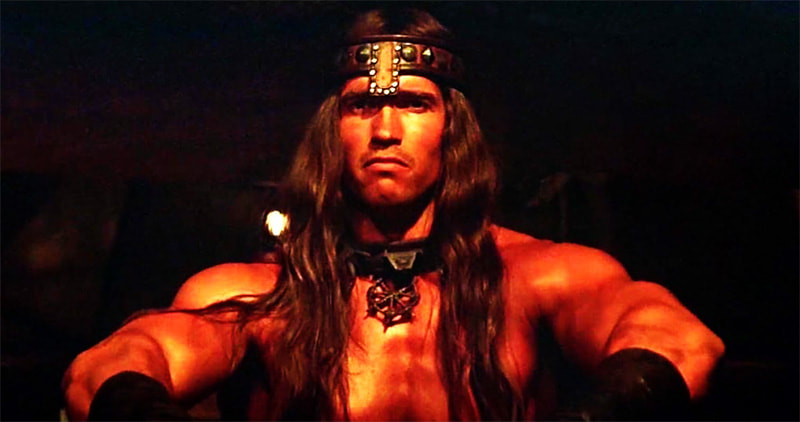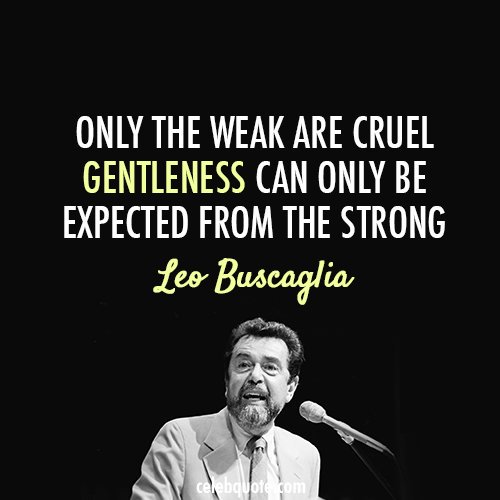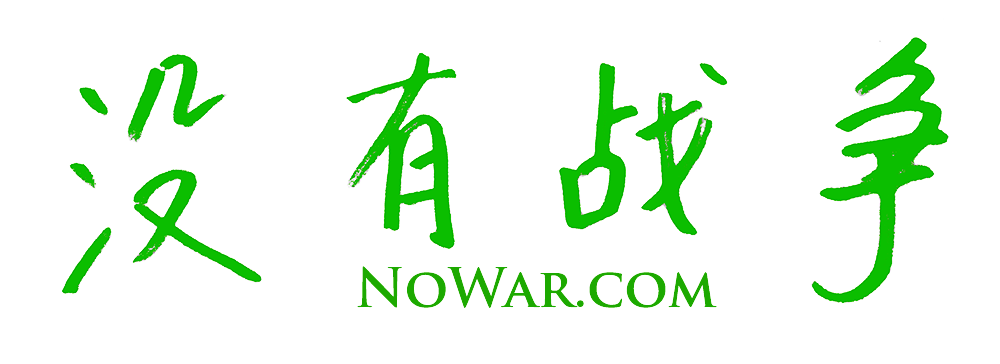"The leader is wise, trustworthy, benevolent, brave, and disciplined ... the enlightened ruler is prudent, the good general is cautious. This is the Way of securing the nation, and preserving the army." Sun Tzu
Yesterday, while I was thinking hard about an important matter, I was putting away leftover food after dinner. So my mind wasn't on the food. As a result, chicken and vegetables fell out haphazardly as I was transferring them from the large steel pot to a small glass container. Instead of the food inside the container, it was all over the kitchen counter. The more I messed up, the more perturbed I was. And the more perturbed I was, the bigger the mess became. It was a scene of folly for this Sun Tzu student.
"An army does not have constant force or have constant formation. Those who are able to adapt and change in accord with the enemy and achieve victory are called divine." Sun Tzu
I took it for granted that I could do a simple task such that I failed miserably at it. There were only a few effective ways, ways I call the narrow divine paths, but I veered away from all those paths because I was distracted.
Therefore, to do things well, it takes this one thing to succeed at whatever we do. What is this one thing? It is our ability to think. As much as I love sports, as human beings, our strength in the animal kingdom isn't our physical attributes but our mental ones.
For example, Usain Bolt for the longest time was considered the fastest man on earth. He has many fans. But most house cats can outrun Usain Bolt. Perhaps that's why we are also fans of cats.
Therefore, to do things well, it takes this one thing to succeed at whatever we do. What is this one thing? It is our ability to think. As much as I love sports, as human beings, our strength in the animal kingdom isn't our physical attributes but our mental ones.
For example, Usain Bolt for the longest time was considered the fastest man on earth. He has many fans. But most house cats can outrun Usain Bolt. Perhaps that's why we are also fans of cats.
"Is there nothing in a person analogous to a race in horses, by which it may be decided which is better or worse? Is there not honor, fidelity, justice? Show yourself the better in these, that you may be the better as a person. But if you only tell me that you can kick violently, I will tell you again that you value yourself on what is the property of an ass." Epictetus
From playing the violin to doing accounting work, you cannot force your way into accomplishment. It takes knowledge, patience, awareness, and focus. Even in activities such as football, weightlifting, and boxing, without having the mental wherewithal, one cannot achieve his or her physical aim.
Is it any coincidence that in human biology, although the brain expends an inordinate amount of energy, it is the last part of the body to shut down if food were scarce (or fallen off onto the kitchen counter)? Our body knows that our mental capability increases our chances of survival more than other capability. Sun Tzu knows this, too:
Is it any coincidence that in human biology, although the brain expends an inordinate amount of energy, it is the last part of the body to shut down if food were scarce (or fallen off onto the kitchen counter)? Our body knows that our mental capability increases our chances of survival more than other capability. Sun Tzu knows this, too:
"Do not advance on any fixed day or time; calculate and adapt to the enemy to determine the matter of doing battle." Sun Tzu
Sun Tzu knows that every situation is different, even though we might assume it is the same as in the past. When we are lulled into thinking we have mastered something, we open ourselves to the possibility of failure. Failure itself usually isn't too bad, but when it is preventable, it can be.
In the Bible, the military leader Gideon picked his soldiers by how they drank water when they are extremely thirsty. He chose men who drank but still kept their heads up to maintain their awareness of the surrounding; they understood and took seriously their task to protect the nation no matter the hardship or distraction. Gideon sent home the ones who simply drank water, those who lost track of their one job.
Similarly, whether in simple or complex tasks, you must pay attention to and think about what is before you. By doing so, you can complete it quickly and efficiently, allowing you to turn to other important tasks.
Any automaton can follow orders or repeat past steps over and over but only a thinking person can choose to evaluate what is different about the situation this time around -- and it is always different from the last time -- to gain an advantage over the competition. This is also the divine path to self-improvement, which I hope is a more narrow path than any opponent's.
To be human is to think. To be humane is to think even harder and choosing your own path because you have a deep understanding that it is the right thing to do. That, my friends, is what makes a person superior.
In the Bible, the military leader Gideon picked his soldiers by how they drank water when they are extremely thirsty. He chose men who drank but still kept their heads up to maintain their awareness of the surrounding; they understood and took seriously their task to protect the nation no matter the hardship or distraction. Gideon sent home the ones who simply drank water, those who lost track of their one job.
Similarly, whether in simple or complex tasks, you must pay attention to and think about what is before you. By doing so, you can complete it quickly and efficiently, allowing you to turn to other important tasks.
Any automaton can follow orders or repeat past steps over and over but only a thinking person can choose to evaluate what is different about the situation this time around -- and it is always different from the last time -- to gain an advantage over the competition. This is also the divine path to self-improvement, which I hope is a more narrow path than any opponent's.
To be human is to think. To be humane is to think even harder and choosing your own path because you have a deep understanding that it is the right thing to do. That, my friends, is what makes a person superior.







 RSS Feed
RSS Feed